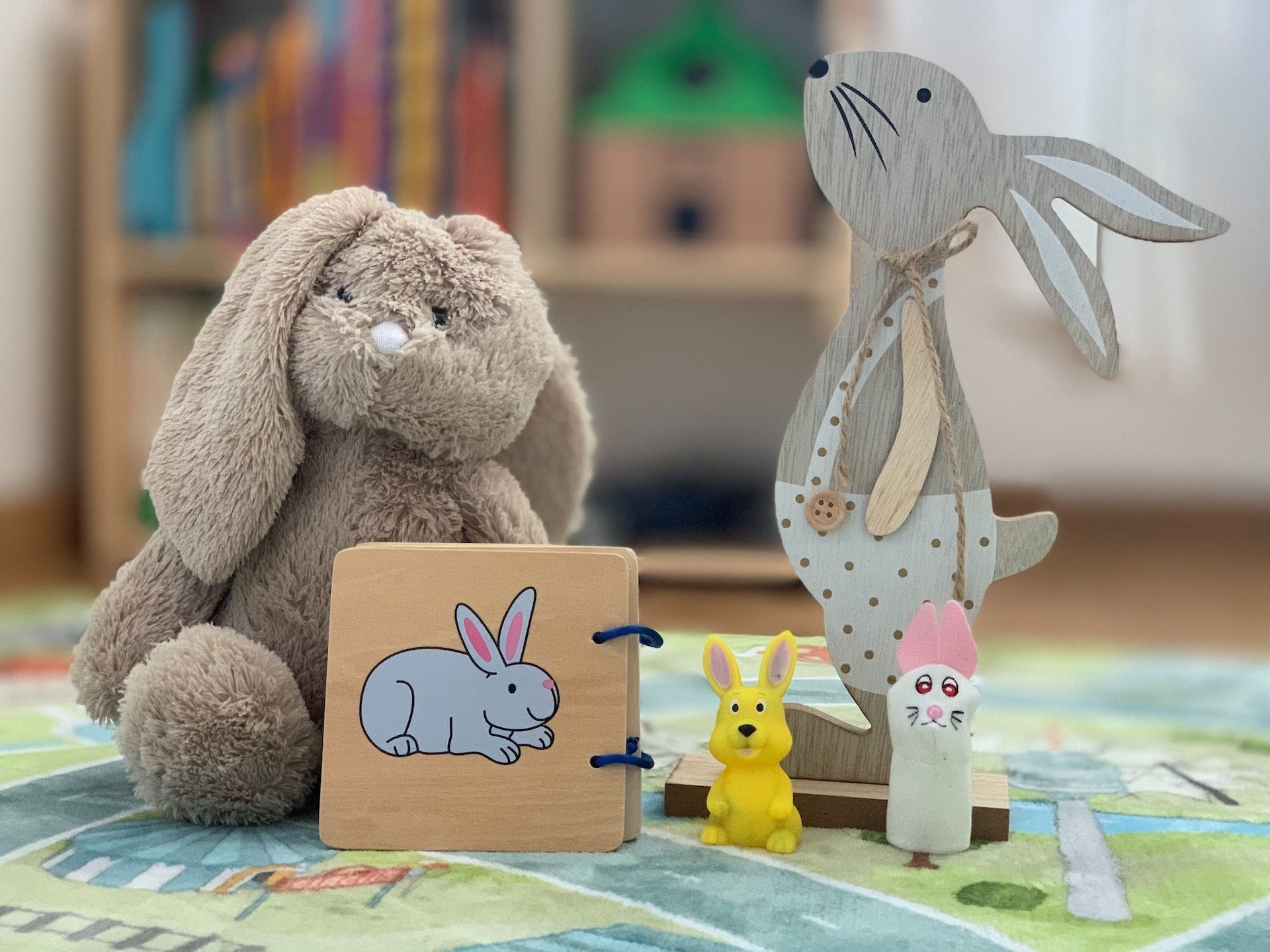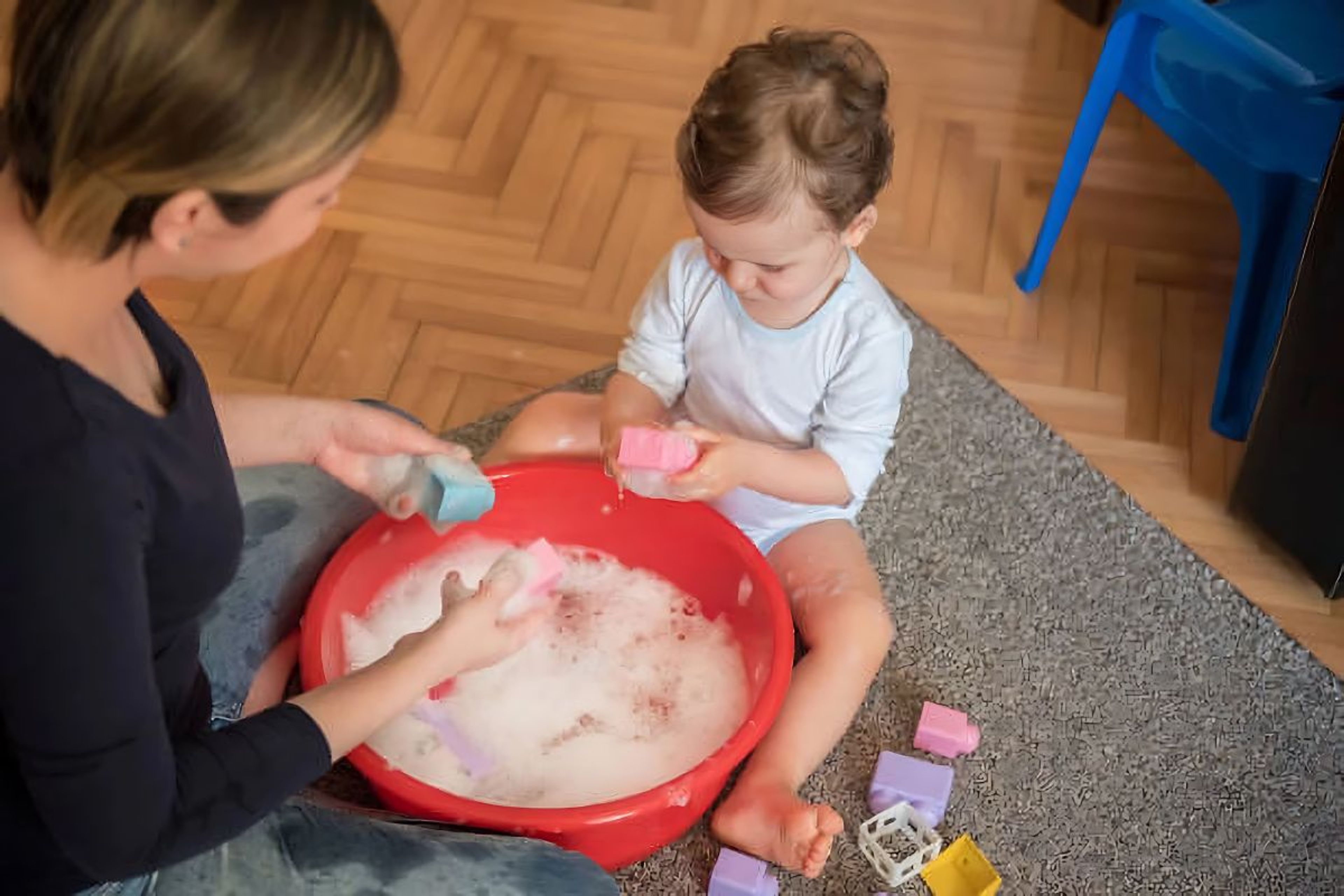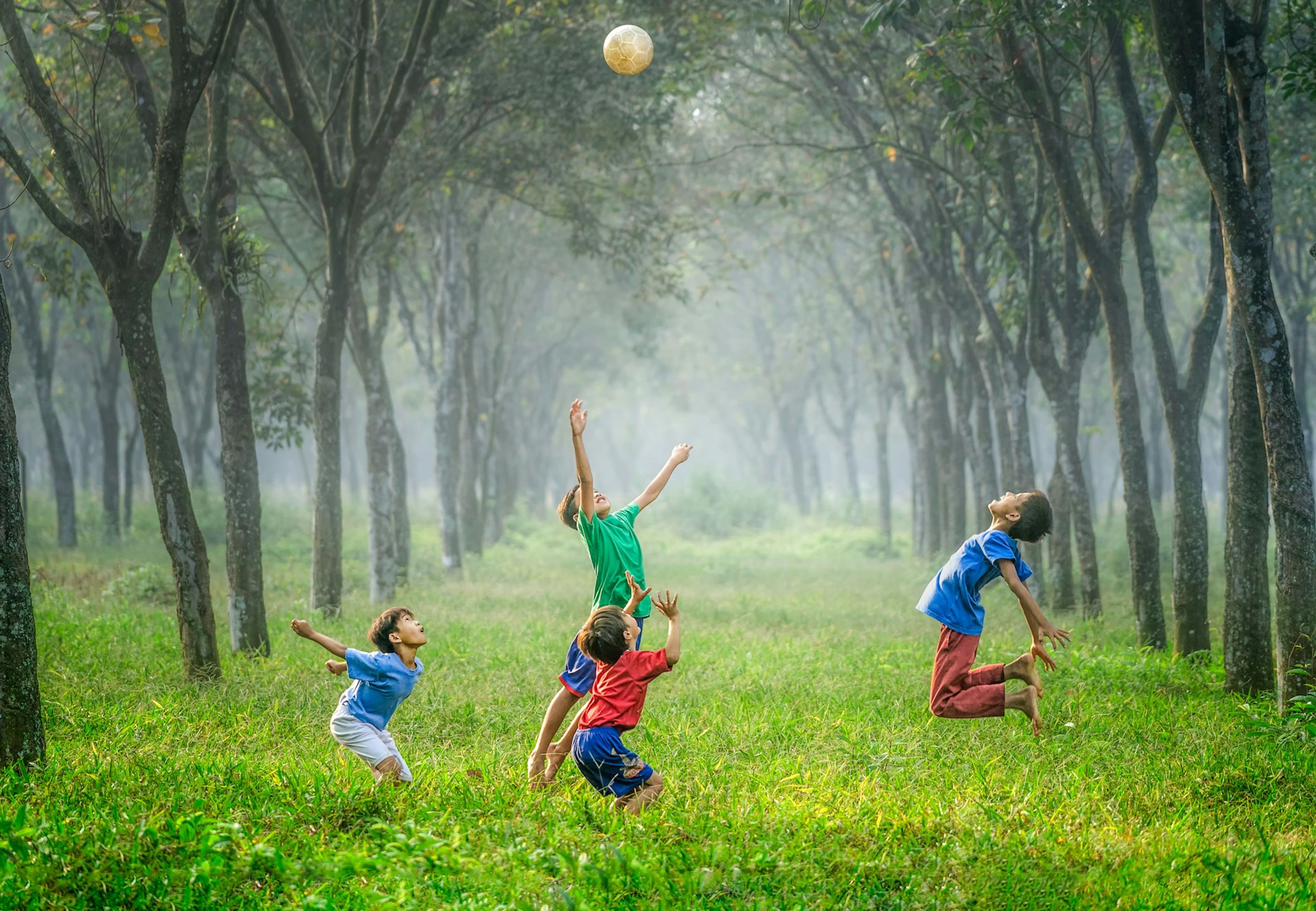Why Educational Toys Are More Than Just Play: Key Benefits for Your Child

As parents, we're continuously searching for ways to foster childhood development. While play might seem like a simple, undemanding part of a child's daily routine, it's much more than mere entertainment. Especially if we infuse this time with educational toys, play morphs into a fertile ground for learning and development.
Let us explore why educational toys are essential for your children and the key benefits they bring.
How Do Educational Toys Benefit Child Development?
Educational Toys Facilitate Cognitive Development
Educational toys aid in developing your child's cognitive abilities. They help in honing problem-solving skills through activities which require determining shapes, sizes or puzzles. Learning through play becomes even more beneficial when your child realizes they can influence their surroundings.
Educational Toys Enhance Physical Development
Educational toys are often designed keeping in mind a child's motor development. Think of a play dough set that encourages fine motor skill development or rocking horses that improve balance.
In encouraging multi-sensory experiences, these toys facilitate physical agility.
Educational Toys Boost Creativity and Imagination
Toys that encourage imaginative play, such as dollhouses, play-sets or building blocks help boost creativity.
A basic set of wooden blocks can be transformed into a city, castle or whatever a child dreams up, thus stimulating his or her creative thinking.
Educational Toys Contribute to Emotional and Social Development
Play often involves interactions, either with other children or with adults. Educational playthings that involve turn-taking can help boost social skills.
Simultaneously, pretending to play "mum" or "dad" in a pretend kitchen stimulates emotional intelligence by practicing empathy and understanding roles.
What is The Recommended Guideline for Playtime?
Playtime is crucial, but how do we determine the right amount? The American Association of Pediatrics provides a guideline, recommending 1 hour of guided play time every day where children were better able to think creatively and multitask.
However, children don't come with an "off-switch" for play, nor should they!
The idea is to effectively engage your child in play that boosts development.
So consider this a guideline, rather than a strict rule.
What Are the Dos and Don’ts While Using Educational Toys?
It's not just about the toys, but how you use them. Here are some tips:
Do allow your child to direct the play. This enhances their creative intelligence, problem-solving, and decision-making skills.
Don’t hover too much. It is important that children get their own space to explore and learn. Maintain a balance between observing and participating.
Do engage in play with your child. This doesn’t mean you control their play, rather it means to participate and follow their lead.
Don’t forget that safety is crucial. Always make sure that the toys are age-appropriate and safe to use.
How to Choose the Right Educational Toys?
Choose toys that are age-appropriate, safe, durable, and hold your child's interest. Here are a few types:
Sensory Toys
For infants and toddlers, sensory toys are great. They engage multiple senses and are usually brightly colored, textured, or make interesting noises. Examples include soft blocks, activity blankets, musical instruments, or sensory bins.
Problem-solving Toys
Games and toys like puzzles or Lego engage a child's problem-solving skills. They challenge kids to think, reason, and strategize.
Creative Play
Toys like arts and crafts kits, play dough or building blocks allow children to express their creativity and develop their imagination.
Literacy and Numeracy Toys
As kids grow older, alphabet blocks, number puzzles, or even board games with a math or vocabulary focus can encourage literacy and numeracy.
Remember, the aim is to blend learning with fun and let your child reap the extensive benefits that educational play can bring. With the right guidance and resources, play can definitely turn into a joyous learning journey!
Conclusion
In the realm of child development, educational toys are foremost among a child's most nurturing elements. From strengthening cognitive abilities to honing motor skills, from sparking creativity to fostering emotional and social growth, these toys play a significant role in bolstering your child's holistic development.
As parents, our role lies in providing our young ones with the right blend of these learning tools, reinforcing their learning while amplifying their joys.
Remember, each educational toy presents an opportunity for growth. By introducing them appropriately as per your child's age and interests, we not only make their playtime fun but constructively enriching. After all, these formative years lay the foundation for their future, and what could be a better stepping-stone than educational toys that effortlessly amalgamate learning with enjoyment.




